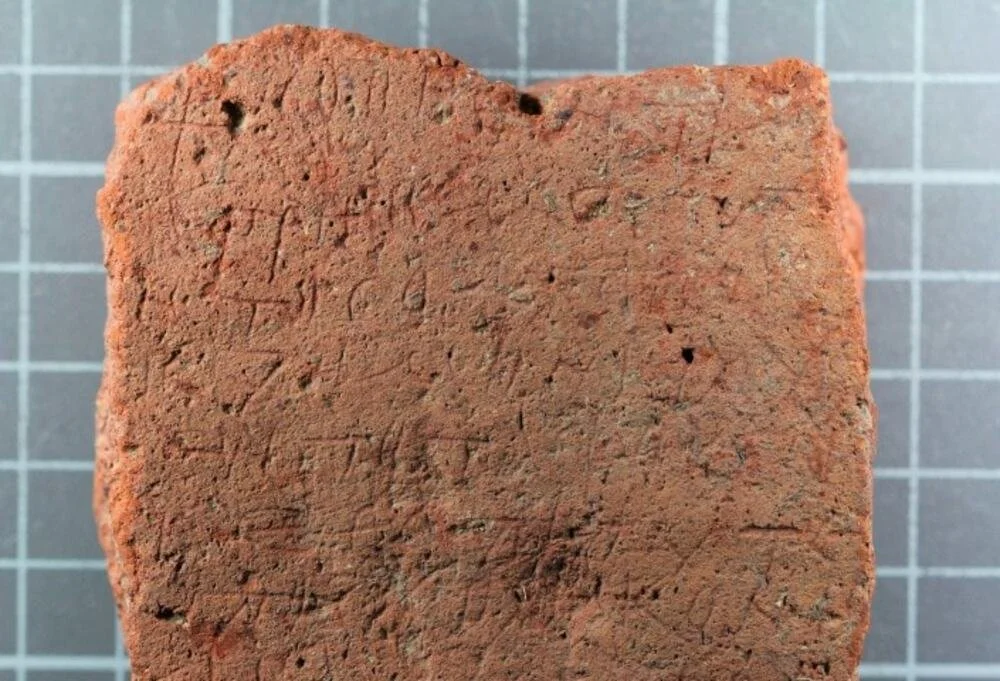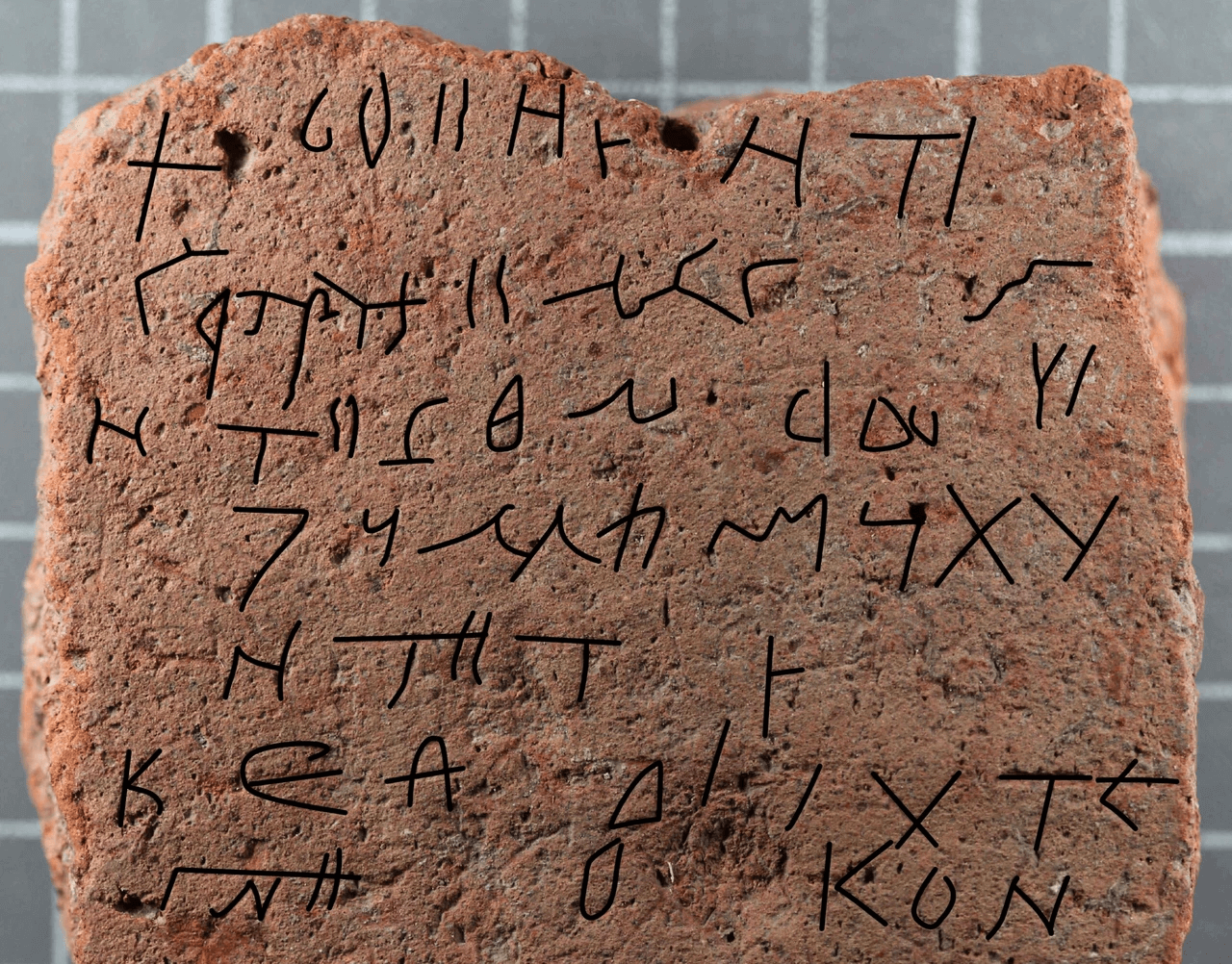A recent archaeological excavation at Silifke Castle in southern Turkey has uncovered a unique talismanic grave tablet dating back to the Byzantine period. The artifact, believed to have been used to ward off evil, was discovered by a team led by Professor Ali Boran. The tablet's inscriptions and symbols suggest it was intended to protect a burial site or structure. The find sheds light on the protective rituals of the era and adds to the historical significance of Silifke Castle, known for its strategic and defensive importance during Byzantine rule.
This new discovery enriches our understanding of the castle's multifaceted role, not only as a military stronghold but also as a site with cultural and spiritual dimensions. The tablet's talismanic properties reveal the deep-rooted beliefs in protection against malevolent forces, a common feature in Byzantine and earlier cultures. While the tablet's exact purpose remains under investigation, its significance as a protective symbol highlights the intertwining of faith, fear, and architecture in ancient societies.
Photo: AA
Researchers are now working on further deciphering the inscriptions and studying the tablet's broader cultural context, which may provide clues about local burial customs and the spiritual landscape of the Byzantine Empire. The discovery offers a glimpse into the religious practices of the time and underscores the continued relevance of archaeology in uncovering the layers of human history embedded within such ancient sites.
Silifke Castle, originally built during the Byzantine period and later expanded by the Seljuks and Crusaders, stands as a testament to the region’s dynamic history. This latest discovery adds yet another dimension to its story, attracting both historians and the public interested in the diverse cultural influences that shaped the region.









